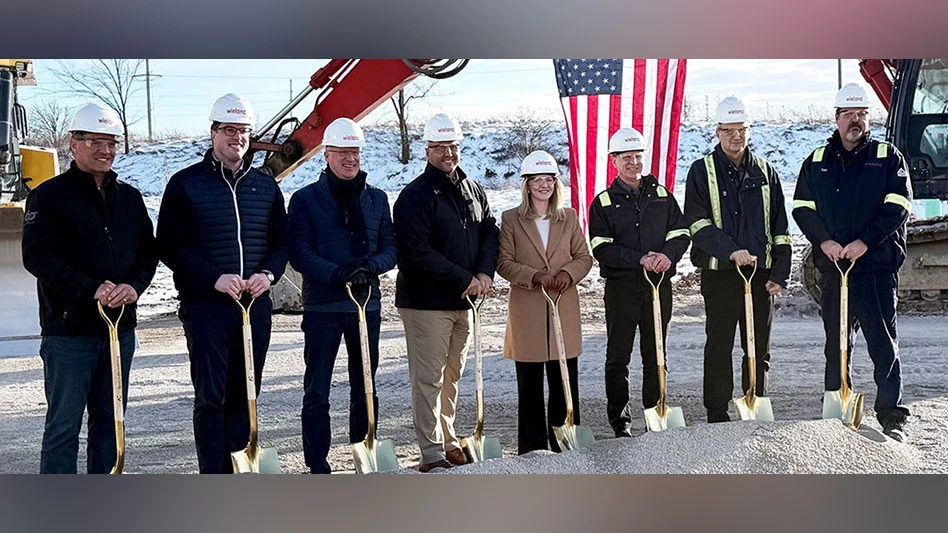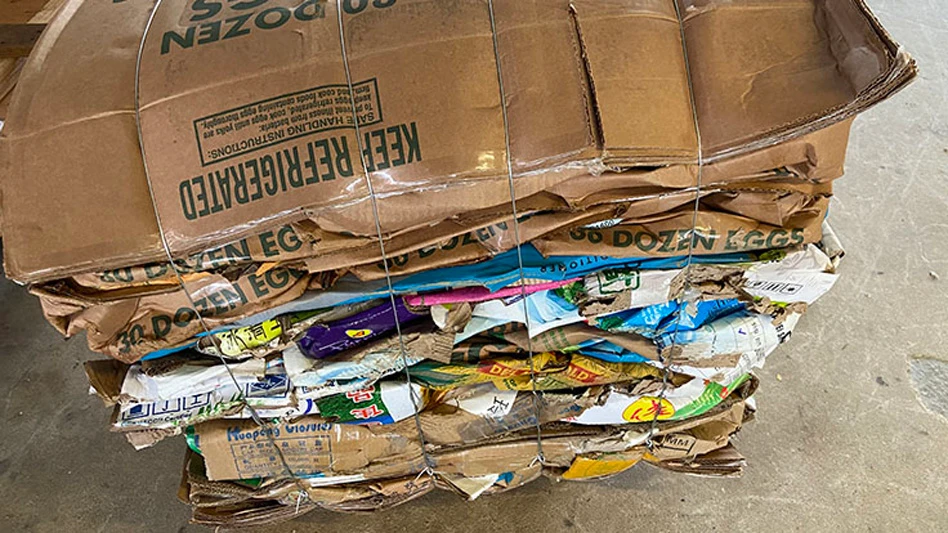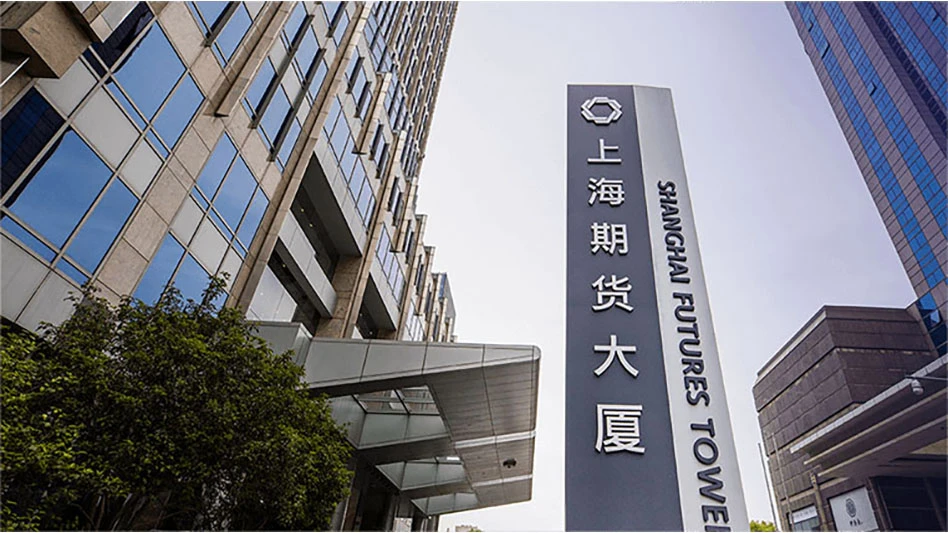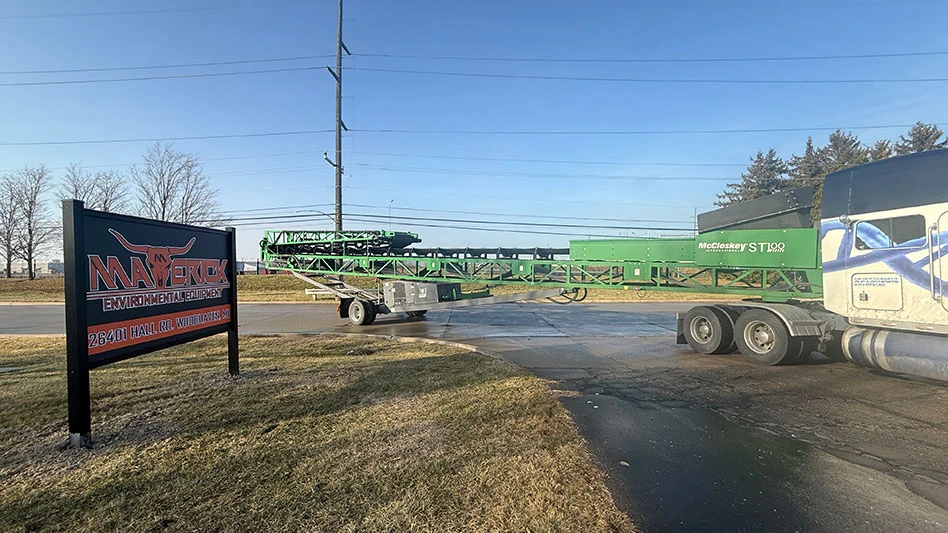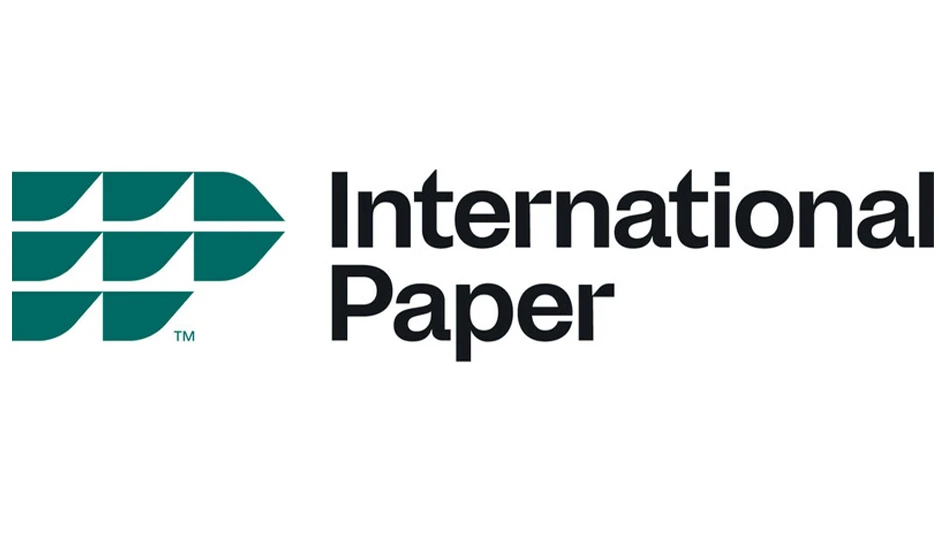
Photo courtesy of the Flexible Packaging Association
Plastics, packaging and recycling industry stakeholders testified July 16 during a U.S. House of Representatives Committee on Energy and Commerce Subcommittee on Environment hearing centered on recycling innovation and economic growth.
The subcommittee focuses on the regulation of solid, hazardous and nuclear waste, including mining, nuclear, oil, gas and coal combustion waste, and the hearing included testimony from Ross Eisenberg, president of America’s Plastic Makers, a division of the Washington-based American Chemistry Council (ACC); Keefe Harrison, CEO of The Recycling Partnership (TRP), Washington; Dan Felton, president and CEO of the Annapolis, Maryland-based Flexible Packaging Association (FPA); and Matt Bedingfield, executive vice president of commercial strategy and growth for Texas-based electronics recycler Mint Innovation.
Representing the flexible packaging industry, Felton provided an overview of what the material is, cited several industries and products using flexible packaging and highlighted the value of flexible packaging.
“Flexible Packaging is one of the most sustainable packaging types, as it reduces water and energy consumption, improves product-to-package ratio, enhances transportation efficiency, minimizes food waste and reduces greenhouse gas emissions,” he said.
Felton spoke about recycling and proposed several public policy issues on which the FPA is focused to increase flexible packaging recycling, and that could benefit from federal support. Felton pointed to the Recycling Infrastructure and Accessibility Act (RIAA) and the Recycling and Composting Accountability Act (RCCA), both currently under consideration in Congress; chemical recycling technologies; the use of recycled content in flexible packaging; and support for a federal law for the labeling of packaging for compostability, recyclability and reusability.
“FPA is deeply committed to solving packaging waste issues and increasing the recyclability and recycling of flexible packaging,” Felton said during the hearing. “We are collaborating with manufacturers, brand owners, recyclers, retailers, waste management companies and other organizations to continue making strides toward total packaging recovery.”
Eisenberg outlined what America’s Plastic Makers calls a “3-Point Plan to Recycle More Plastics and Strengthen American Manufacturing,” aimed at “modernizing recycling infrastructure, cutting waste and making U.S. manufacturing supply chains more competitive.”
According to Eisenberg, “Plastic is versatile, cost effective and essential. It’s critical to American innovation, from life-saving medical equipment to safer, lighter cars. But to strengthen U.S. supply chains, we need to modernize recycling and embrace policies that drive more recycled plastic into the market.”
Eisenberg’s testimony aimed to highlight how chemical recycling technologies could “dramatically expand the amount and types of plastic that can be reused, turning waste into valuable new products.”
America’s Plastic Makers’ “3-Point Plan” calls on policymakers to:
- Recognize chemical recycling as manufacturing and count plastic made this way as recycled content.
- Establish federal recycling standards to create consistency and scale plastic recycling.
- Assert American leadership in crafting a global agreement on curbing plastic pollution.
“Our ‘3-Point Plan’ is a win-win,” Eisenberg said. “It would grow American manufacturing jobs, boost recycling and position the U.S. as a global leader in plastic manufacturing and recycling.”
During her testimony, Harrison advocated for “data-driven legislation” such as extended producer responsibility to help increase recycling rates. Additionally, she urged Congress to consider the Cultivating Investment in Recycling and Circular Local Economies (CIRCLE) Act, a tax credit that would reduce a private entity’s tax liability when making qualified investments in infrastructure to recycle paper, metals, glass, aluminum and other materials.
In its description of the CIRCLE Act on its website, TRP says these investments could include machinery, operational equipment or software, and municipalities also would be eligible for a rebate equal to the credit.
According to TRP, benefits of the proposed tax credit include:
- Strengthened domestic supply chains. The organization estimates the act could help return $8.8 billion in valuable materials that can be used throughout the U.S. economy, including in new packaging and products. “Better recycling will reduce the need to import materials, ensuring we have the resources to grow our economy without relying on foreign nations,” TRP says.
- Job creation. TRP says a fully developed residential recycling system could return more than $11 billion in new wages and 200,000 jobs across the country, including haulers, truck drivers, machine operators, engineers and more.
- Advancement of American manufacturing. TRP claims that across all materials, recycled commodities account for 40 percent of manufacturing inputs, and with additional sorting and processing capacity, including advances in artificial intelligence (AI), machinery and emerging technologies, recycled materials can account for a larger share of manufacturing inputs and be applied to a larger set of applications.
- Less strain on local governments. Noting that local governments often bear the cost of operating waste management programs and pass those costs on to taxpayers, the tax credit could help make it easier and more cost-effective to recycle, with governments and taxpayers seeing $9.4 billion in savings as fewer materials are landfilled or incinerated.
- Support for rural and urban communities. As infrastructure expands, TRP says more communities will gain access to recycling services, and incentivizing investment will expand the needed infrastructure and make recycling services more accessible to all communities across the country.
The Circle Act has gained support from a host of companies and organizations, including the Recycling Materials Association (ReMA), based in Washington.
“Manufacturers rely on recycled materials for a significant portion of their raw material needs, and the CIRCLE Act is a smart, targeted approach to strengthen and grow America’s recycling infrastructure to ensure the recycled materials industry can continue to support American manufacturing,” ReMA President Robin Wiener says. “By offering a 30 percent tax credit for investment in recycling infrastructure, equipment and technology, the CIRCLE Act will help unlock private capital, drive innovation, increase material recovery and help scale domestic processing capacity. We urge Congress to pass this critical legislation and send a clear signal: Recycling is not just good policy—it’s essential to American prosperity.”
“As Congress considers changes to the tax code in 2025, a Recycling Infrastructure Investment Tax Credit, as part of the CIRCLE Act, could transform the American recycling economy, build local jobs and reduce our reliance on imported materials,” TRP says.
*This item was updated July 17 to add Robin Wiener's comments.
Latest from Recycling Today
- Cyclic Materials announces plans for South Carolina campus
- WM reports revenue, earnings growth in Q4 and full-year 2025
- Solarcycle’s Cedartown, Georgia, recycling facility opens
- Stadler equips Spanish MRF
- SSAB finishes 2025 with decreased revenue
- Vecoplan appoints CFO
- Aurubis raises full-year forecast
- Levitated Metals adds LIBS sorting technology

